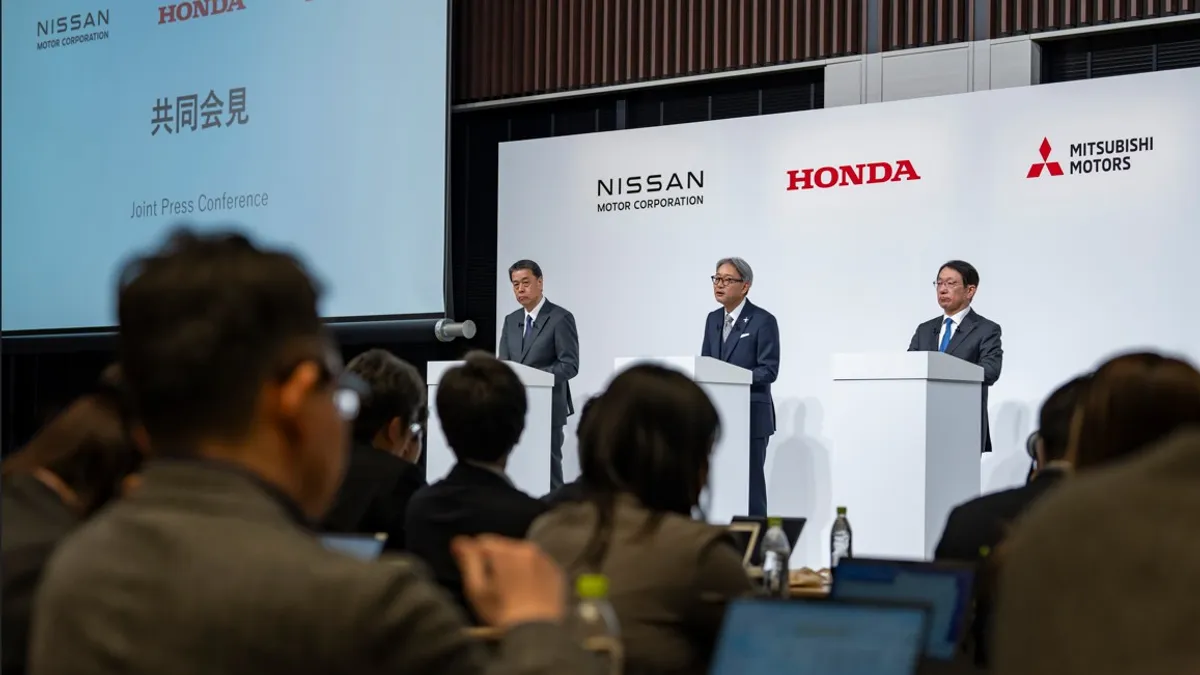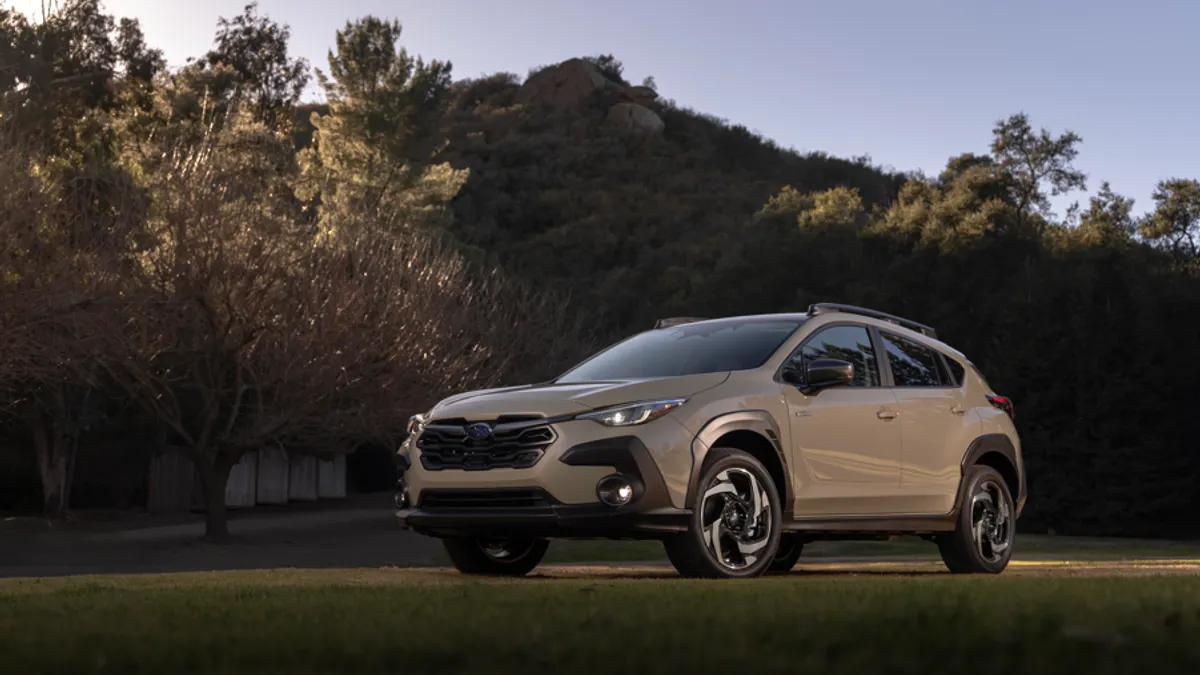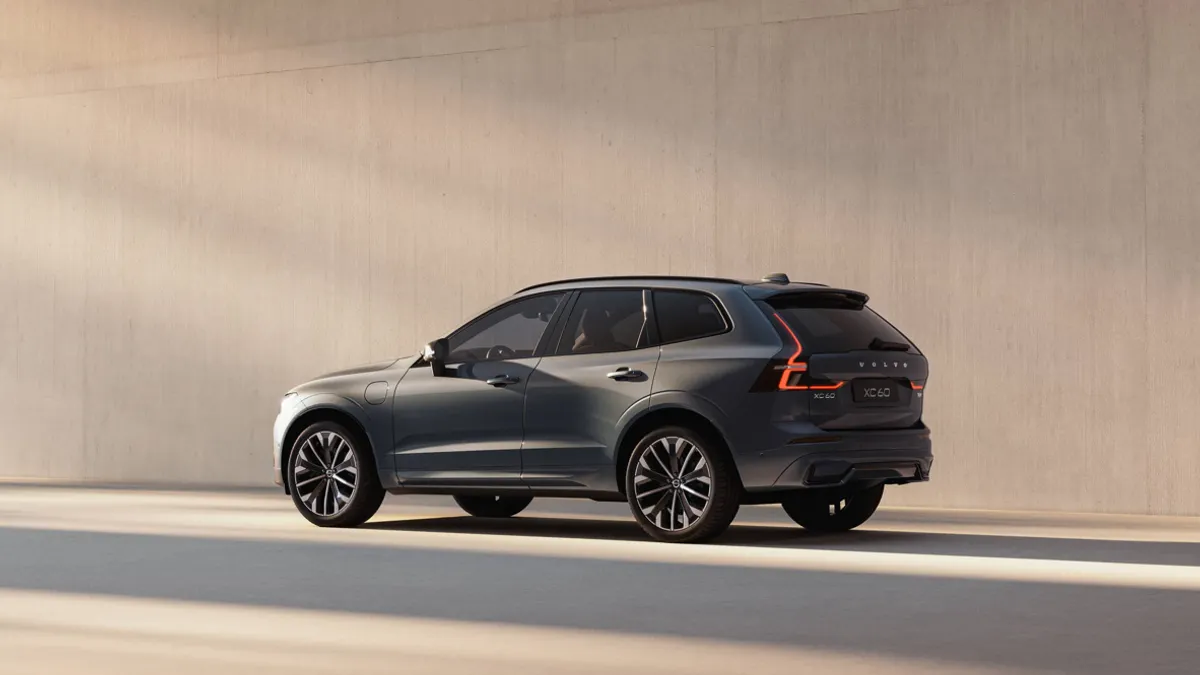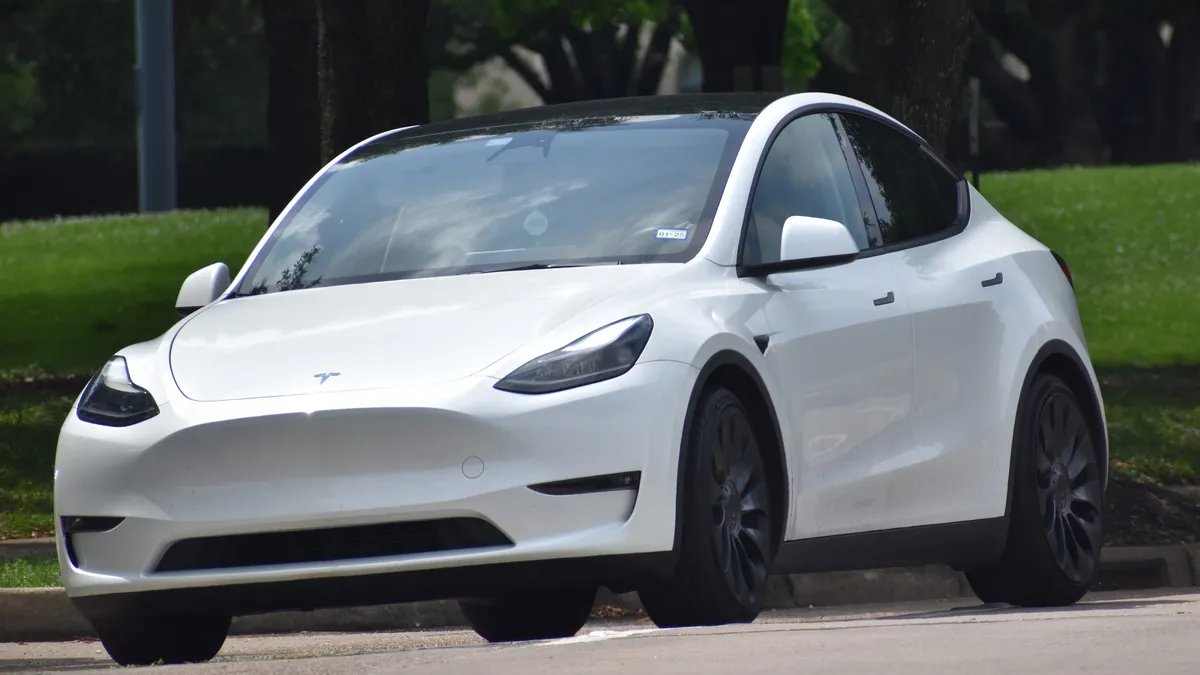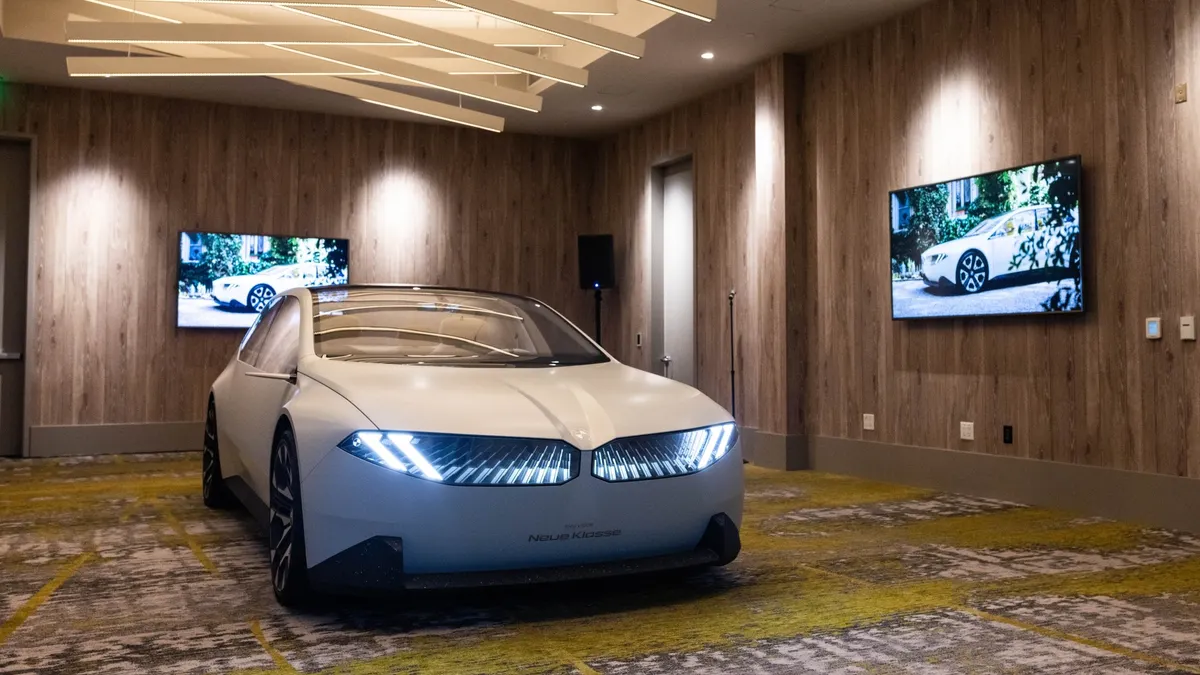The potential merger of Honda Motor Co. and Nissan Motor Corp.’s could catapult the two automakers into a stronger global position in the race to deploy new technology and bring electric vehicles to the market faster, experts say.
On Dec. 23, the automakers announced that discussions were underway to create a new holding company that would operate both Honda and Nissan — and potentially include Mitsubishi Motors Corp. However, executives acknowledged several months of talks remain before they can finalize a merger agreement. If successful, the companies aim to list the new holding company on the Tokyo Stock Exchange by August 2026.
News of the merger left the industry abuzz in late December, as experts analyzed the pros and cons that could result from the combination. Some questioned the time it would take to complete a deal, while others called it a lifeline for Nissan. Still, experts told Automotive Dive a merger would lead to significant upside for the automakers.
Vincent Sun, Morningstar senior analyst-Asia, believes the fiercely competitive global EV marketplace was the primary driver behind the merger, though he is skeptical whether the combination “could easily defend competition from Tesla and Chinese EV manufacturers as both companies lack compelling EV models.”
But the joining of the automakers’ global manufacturing, research and development resources makes for a compelling outlook, according to Dorothy Ashford, vice president, enterprise accounts-automotive, for ITS Logistics. Honda and Nissan are familiar with each other as they are collaborating on next-generation software-defined vehicles and electric vehicles.
“Technology is a foundational element to every automaker's success, and the companies have already been working together in this space,” Ashford said.
A merger would eliminate operational redundancies, she said. It also could lead the automakers to combine hybrid and BEV initiatives and investments, which would strengthen their position in the marketplace.
Automakers justify joining forces
Exploring a business combination appeared to be a natural next step for Honda and Nissan. In the merger discussions announcement, the automakers said “the business environment for both companies and the wider automotive industry has rapidly changed and the speed of technological innovation has continued to accelerate.”
The goal of the combination would be “to serve as an option to maintain global competitiveness and for the two companies to continue to deliver more attractive products and services to customers worldwide.”
Toshihiro Mibe, Honda director and representative executive officer, in the release said that the companies are still in the early stages of talks but hope to have a more definitive direction by the end of January.
Should the merger proceed, it would lead to an integration of management resources and technologies to create business synergies that would allow the companies to respond quickly to shifting market conditions.
The automakers project the combined operations would have annual sales revenues exceeding 30 trillion yen ($192 billion as of Dec. 23) with operating profits of more than 3 trillion yen. Together, Honda and Nissan would become the world’s third largest automaker based on Honda’s and Nissan’s 2023 sales numbers, surpassing the combined figures of Hyundai and Kia but still behind number two Volkswagen Group and world sales leader Toyota Motor Corp.
Ripple effect of merger talks
Sun noted that after reports of the potential merger surfaced, Nissan’s stock value rose 25% over a five-day period, which was enough to recoup the automaker’s lost profits reported in November. He also expects — if the merger proceeds — that additional savings will be realized as the combined companies standardize vehicle platforms, streamline costs and production capacity and co-invest in EV development and other technologies.
Ashford said from a manufacturing and supply chain perspective, Nissan’s manufacturing footprint complements Honda’s, especially in the U.S.
“Tennessee and Mississippi are strong logistics locations in the automotive ecosystem,” she said, where Nissan has operations. “In addition, the best-selling Nissan vehicles complement Honda’s lineup.”
Ashford said a merger could lead to a short-term sales lift and would “put another spotlight on the brands to use as a catalyst for change and spur investor confidence.”
Nissan would initially benefit most from the combination given its recent financial struggles, she said. But overall, a merger would help both companies.
“As a whole for the Japanese automakers and their position globally, it will provide the opportunity to merge the best parts of the companies together and reimagine the Nissan brands,” Ashford said.



